Shipbuilding & Repair
Diploma in Shipbuilding & Ship Repair Course
Shipbuilding & Ship Repair
Designed for shipyard supervisors, marine engineers and project managers, Maritime Training Academy’s Shipbuilding and Ship Repair Diploma delivers the practical knowledge needed to oversee modern vessel construction and repair programmes.
Gain structured insight into shipyard operations, materials handling, welding techniques, hull inspections, maintenance cycles and compliance with classification society standards.
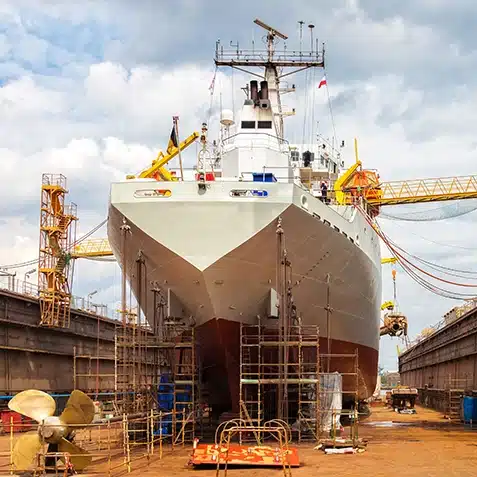
Professional Shipbuilding & Repair Qualification
Build the technical understanding required to support shipyard projects, supervise repair operations and maintain safety and structural compliance onboard.
Contact us below to enrol today, or speak with our experienced course advisors.

Duration:
12 - 18 months
Learn at your own pace
Online Course:
Study from anywhere

Cost:
Diploma: £3,195
Certificate: £2,295

Recognised by: 
Shipbuilding & Ship Repair Diploma vs Certification
Choose the right path for your career:
Comprehensive Training: In shipyard layout, fabrication methods, welding procedures, hull repairs, dry-docking, coatings and project coordination.
Flexible Study Duration: 12 – 18 month depending when you enrol to the program, study online at your own pace, from anywhere in the world.
Marine Industry Career Opportunities: 100% Online, with access to our student learning portal
Long-Term Career Impact: Shipyard Supervisor, Marine Maintenance Lead, Dry Dock Project Manager, Ship Construction Technician.
Global Recognition: Our Diplomas are recognised by the University of Portsmouth and are supported by industry associations.
Assignments: One assignment is required to be completed and submitted at the end of each module, based on that particular subject.
Certification: you will receive a PDF Digital certificate (Printed Certificate Completion Pack available).
Final Examination: There will be a final examination upon completing and submitting all student assignments (exams are sat in April or October).
Post-Nominal letters: On passing the Diploma you can also use these letters after your name: MTA Dip SBR
Digital Course Badge: Upon successful completion students will receive an exclusive course badge for use on business cards, LinkedIn profiles and website(s)!
Diploma - £3,195
A globally recognised qualification for careers in shipyard supervision, marine maintenance and ship construction management.
✔
✔
✔
✔
✔
✔
✔
✔
✔
✔
Certificate - £2,295
Specialist Shipbuilding & Repair Training without formal assessments, for those who do not require a recognised diploma.
✔
✔
✔
✔
✔
✔
Shipbuilding & Ship Repair Curriculum: 12 Modules
This training covers all key phases of shipbuilding and repair — from fabrication and welding to corrosion protection and refit planning.
You’ll develop a working knowledge of shipyard systems, dry dock logistics, hull surveys and the inspection protocols required by flag states and classification societies.
1. An Overview of the Shipbuilding and the Ship Repair industry
- Potential hazards in the yard – worst case scenario
- Vetting
- Basic factors affecting safety
- Accidents and incidents
- Insurance
2. Specifications
- Ship General
- Hull
- Equipment for Cargo
- Ship Equipment
- Equipment for crew
- Main machinery
- Systems for main machinery
- Ship systems
- Electric and automation systems
- Makers’ list
3. Ship Repair Work to Hull Machinery (I)
- Preparing for a routine planned docking period
- The importance of planning and scheduling
- Typical types of Ship repair undertaken
- Routine maintenance in dock
- Health & safety issues
- Cleaning and preparation for hot work
- Access to work site
- Security issues
- Principle Ship dimensions and Glossary of terms
4. Ship Repair Work to Hull and Machinery (II)
- Steel renewal and repair
- Blasting and painting
- Machinery maintenance and repair work
- Propeller, rudder and stem tube work
- Security issues
- Principal ship dimensions and glossary of terms
5. Project Management
- Project phases
- Work breakdown structure
- Objectives
- Deliverables
- Project planning
- Budgeting and Financial planning
- Risk management
- Issue management
- Configuration management
- Quality management
- Project monitoring and reporting
- Change control
- Project library
6. Shipbuilding Yards and the New Building Process
- The main shipbuilding areas of the world
- Different construction methods
- The design and planning stage
- Ship design
- Main machinery
- Auxiliary machinery
- Build planning
- Pre-production
- Production Pre-requisites
- Hull / unit fabrication
- Ship construction
- Fitting out
- Completion and handover
7. Contracts
- Introduction to English Law
- The law of contract
- The law of tort (negligence)
- Liability in contract and tort
- Responsibilities
- Admiralty law and Jurisdiction
- International maritime law
- Governmental control of Shipping (UK)
- The nature of contract
- Pre-contract consideration
- Contract standard forms
- Important contract standard terms
- Default
- The Contract
- BIMCO forms
- Ship conversion contracts
- Table of cases
8. The Docking process
- Ship and dock preparations, establishing clear communications
- Physical inspection of the vessel
- Readiness of personnel, gear and support services
- Special conditions – damaged, listed or trimmed
- The deflection plane and critical stages in the docking process
- Check list of a typical docking procedure
9. Lay period in dock
- The Superintendent’s role
- The yard agenda
- In the beginning…
- The venue
- Weather
- Coatings
- Assignment of responsibilities
- Safety & Security
- Health & Safety and control of the work force
- Work flow organisation and multiple work forces
- Cost control
- Reporting
10. Undocking
- Weight control and the influence on stability
- Pre-undocking checks on board
- Final dock checks before flooding
- Ballasting and floatation of the ship
- Safety checks before departure
- Departure from the dock
- De-ballast and dock inspection
11. Special docking situations
- Unusual and particular ship types – challenges and solutions required
- Multiple dock utilisation and co-ordination
- Extreme overhangs
- Damaged Vessels
- Jumboising a vessel
12. Summary of the shipbuilding and Ship Repair Industry
- An Introduction to the worldwide shipping industry, numbers of ships, cargo moved by weight, volume and value
- The difference between shipbuilding and ship repair and why yards are different
- Yard locations and the major considerations in choosing a yard
- Effects of weather extremes on different yards (heat, humidity and cold)
- Labour force, skills and management
- Different types of dock available
Hear from our Students
Meet the Course Director
Ian Biles
Managing Director at Maritime Services International
Ian has led MSI to become one of the world’s leading surveying companies. Ian’s qualifications include: Master Mariner, RYA Yachtmaster Ocean, Naval Architect (BEng Ship Science) and Business Management (MA Business Management).
Practically Ian has attended numerous shipyards throughout the world for new building, ship repair and ship conversion including extended periods in both Singapore (Jurong) and Dubai (Dubai World) together with dockings in Mexico, Romania, Turkey, China, Bulgaria, Greece, Germany, France, Egypt, Itally, Spain, Gibraltar, Malta, Cuba, Portugal and the UK.

Shipbuilding and Ship Repair Course FAQs
Find out more about the course with our FAQs below.
How do I start a career in shipbuilding or ship repair?
Begin with a recognised diploma focused on shipyard operations and marine construction such as this from the MTA. Our shipbuilding diploma gives you the foundation in repair methods, welding, dry docking and safety protocols to support career growth in shipyards and marine maintenance.
What qualification will I receive from this course?
You’ll earn a Diploma in Shipbuilding and Ship Repair from the Maritime Training Academy — recognised across global shipyards, repair contractors and technical marine teams.
Is this course suitable for marine engineers and dry dock professionals?
Yes. It’s ideal for technical staff, marine engineers, dry dock coordinators or anyone supporting ship construction and refit projects.
How much can I earn in shipbuilding or ship repair roles?
Earnings vary by experience and seniority, but technical leads and supervisors in shipyards often earn between £35,000 and £65,000 per year, with project-based contractors earning more.
Does the course cover both construction and repair topics?
Absolutely. The course includes both newbuild fundamentals and detailed repair methods — including inspections, coatings, welding, steelwork and hull restoration.
Can I take this course without shipyard experience?
Yes. It’s suitable for new entrants to marine construction as well as professionals transitioning from other engineering or maritime sectors.
See our FAQ page for more questions answered about MTA courses.
Supported by:
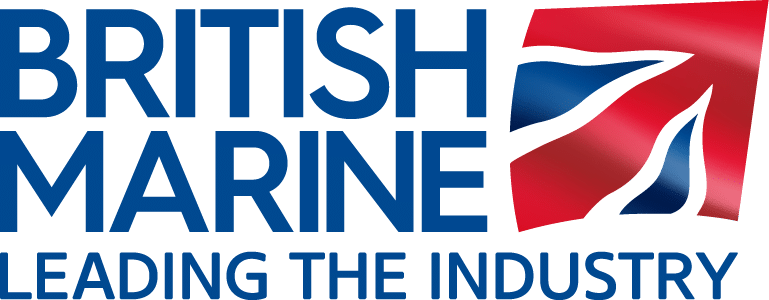
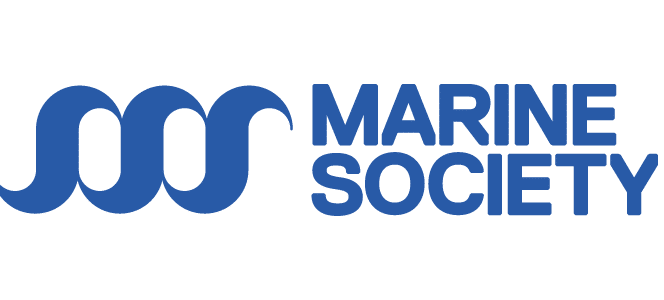
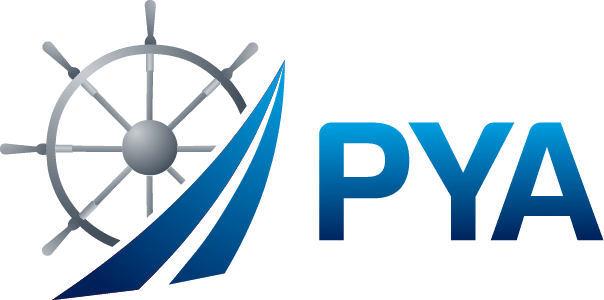
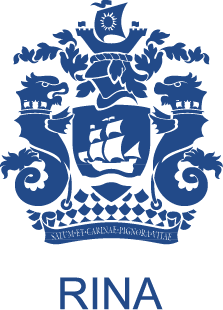
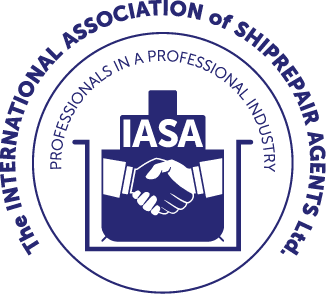

Why Choose The Maritime Training Academy?

Flexible
Online learning allows you to study in your own time, at your own pace from anywhere in the world. This saves on travel and classroom costs and allows you to fit your studies around your job and progress your career.

Supportive
While the nature of distance learning is independent study, we recognise the importance of support. Students can contact us at any time during their course for assistance and our team of industry experts are always on hand for advice.

Expertise
We have over 50 industry experts writing, developing and advising on our course material. We truly believe that allowing students to tap into their expertise and knowledge is of the utmost importance to fulfil your dream career.
If you would prefer to complete this as a classroom-based course, please contact us.
